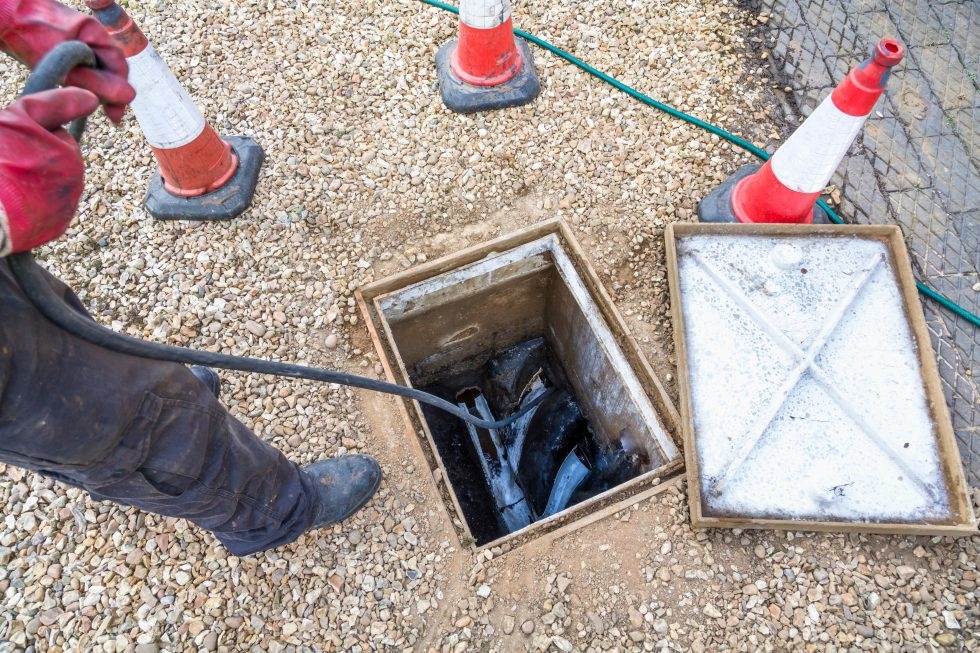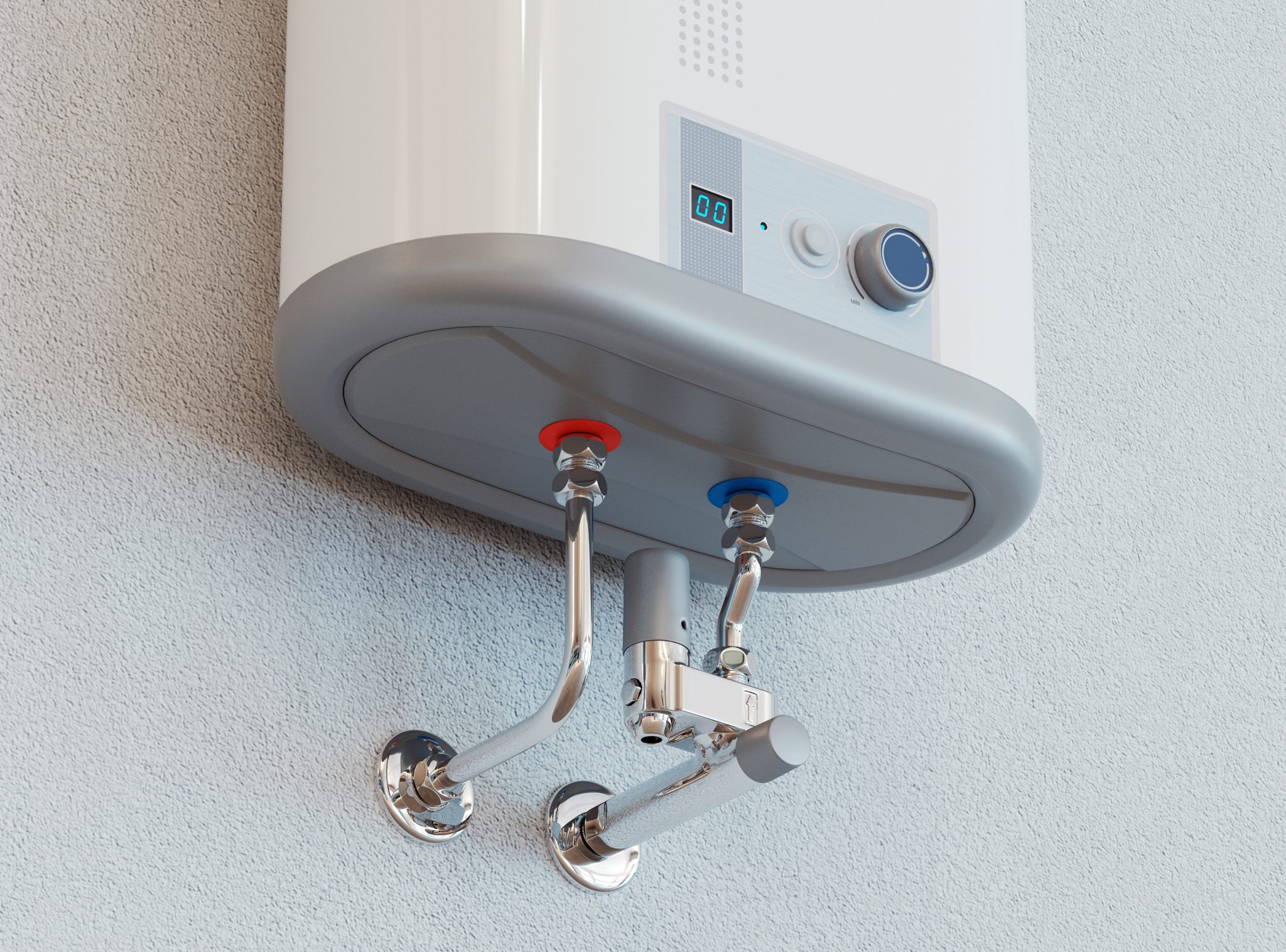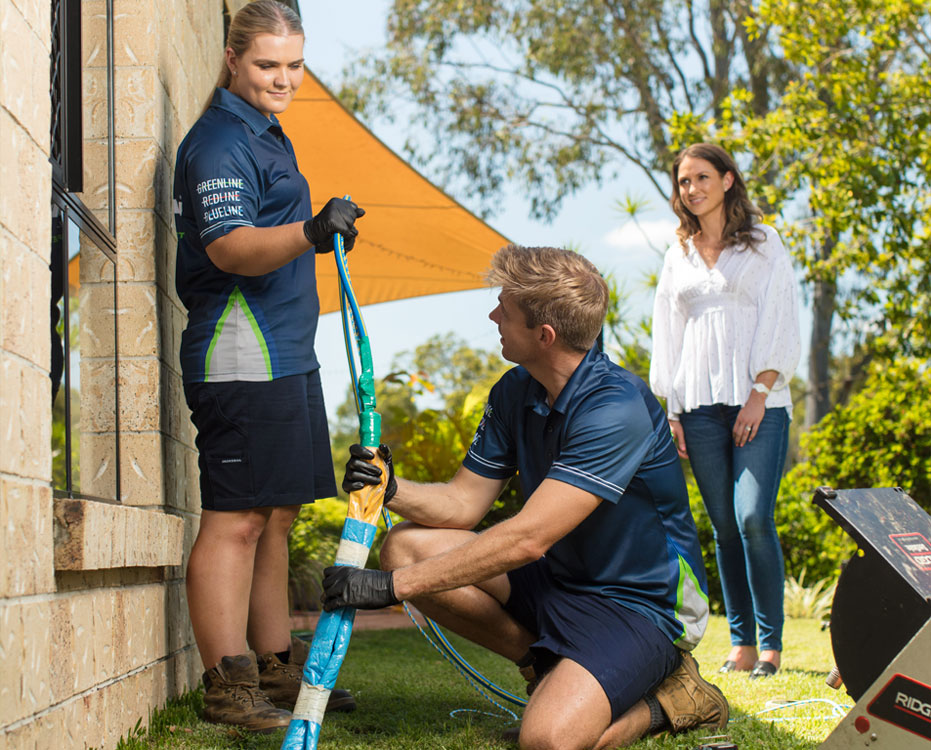

Clogged drains are a common nuisance that many households face. There are several reasons why drains get clogged, causing water to back up and create a mess. One of the most common reasons for clogged drains is the accumulation of hair and soap scum in bathroom drains. As we shower or wash our hands, hair and soap residue can build up over time, eventually blocking the flow of water.
Another common culprit for clogged drains is food particles in kitchen sinks. When we wash dishes or rinse off plates, food scraps can easily go down the drain and get stuck, leading to a blockage. Grease and cooking oil are also known to solidify in pipes, further contributing to clogs.
In addition to hair, soap scum, and food particles, other items like paper towels, wipes, and feminine hygiene products can also cause drains to become blocked. These items do not break down easily in water like toilet paper does, so they can accumulate and create obstructions in the plumbing system.
To prevent clogged drains in your home, it's important to be mindful of what goes down the drain. Installing drain guards or strainers can help catch large debris before it causes a problem. Regularly cleaning your drains with natural remedies like baking soda and vinegar can also help keep them clear.
If you find yourself dealing with a stubborn clog that won't budge, it may be time to call in a professional drain cleaning service. They have specialized tools and equipment that can effectively remove even the toughest blockages from your pipes.
By understanding the common reasons for clogged drains and taking proactive steps to prevent them, you can keep your plumbing system running smoothly and avoid costly repairs in the future.
Neglected drains pose a significant threat to the environment as they can lead to pollution of water bodies and harm aquatic life. When drains are not properly maintained, they can become clogged with debris, causing sewage backups and overflow. This can result in harmful pollutants entering rivers, lakes, and oceans, leading to water contamination.
Improper disposal practices further exacerbate the environmental impact of neglected drains. Many people dispose of household waste such as cooking oil, grease, and chemicals down the drain without realizing the consequences. These substances can accumulate in drains over time, creating blockages that prevent proper water flow and increase the risk of pollution.
The build-up of waste in neglected drains also provides a breeding ground for bacteria and pests. This can pose health risks to both humans and wildlife living in the surrounding areas. Mosquitoes, flies, and rodents are attracted to stagnant water in clogged drains, increasing the likelihood of disease transmission.
Proper disposal practices are essential for preventing environmental damage caused by neglected drains. It is important to dispose of household waste responsibly by recycling or using designated disposal sites for hazardous materials. Regular drain cleaning is also crucial to prevent blockages and maintain proper drainage systems.
By implementing proper disposal practices and investing in regular drain maintenance, individuals can help reduce their environmental impact and protect water quality. Taking proactive measures to prevent clogged drains not only benefits the environment but also contributes to healthier communities for future generations.
In conclusion, neglecting drains can have far-reaching consequences on the environment if left unchecked. By raising awareness about the importance of proper disposal practices and regular drain maintenance, we can work towards minimizing our impact on natural ecosystems. It is essential for individuals to take responsibility for their actions and make conscious choices that prioritize environmental conservation when it comes to drain cleaning practices.

Becoming a certified plumber and obtaining the necessary licenses involves a series of steps that require dedication, hard work, and a commitment to learning the trade. To start off, individuals interested in becoming a plumber must complete a high school diploma or GED equivalent.. This serves as the foundation for further education and training in the field. Next, aspiring plumbers typically enroll in an apprenticeship program where they gain hands-on experience working under the guidance of experienced professionals.
Posted by on 2024-10-22

Plumbing issues can be a headache for any homeowner.. While some minor issues can be fixed with a little DIY know-how, there are certain problems that should always be left to the professionals.
Posted by on 2024-10-22

As a licensed plumber in the United States, you can expect to earn a competitive salary that reflects your skills and expertise in the field.. The average salary range for a licensed plumber varies depending on factors such as experience, location, and specialization. On average, a licensed plumber in the United States can earn between $50,000 to $90,000 per year.
Posted by on 2024-10-22

Leaky pipes can be a real nightmare for homeowners.. Not only do they waste water and drive up your utility bills, but they can also cause damage to your property if left untreated.
Posted by on 2024-10-22
2. What are the signs that indicate a need for drain cleaning services in Kingston?
3. What methods do plumbers use for drain cleaning in Kingston?
4. How much does drain cleaning service typically cost in Kingston?